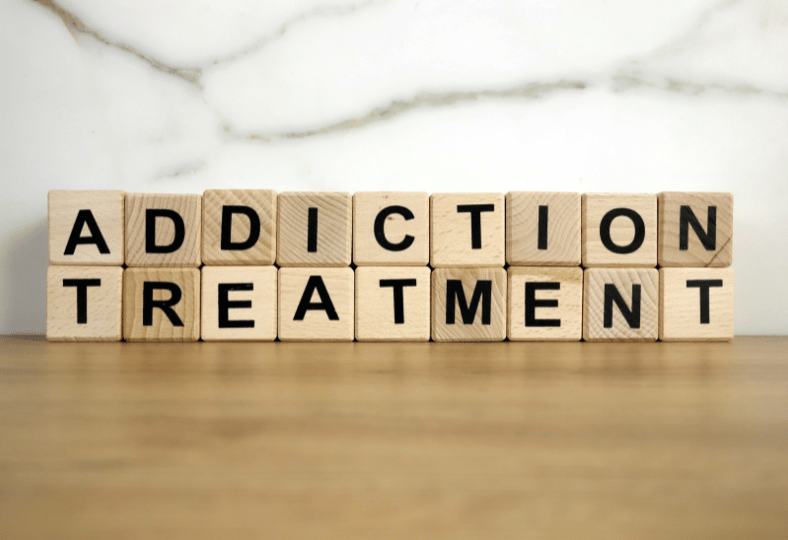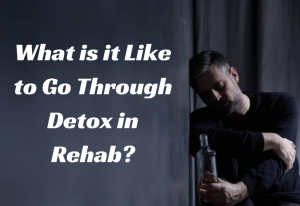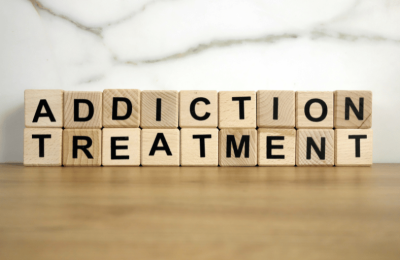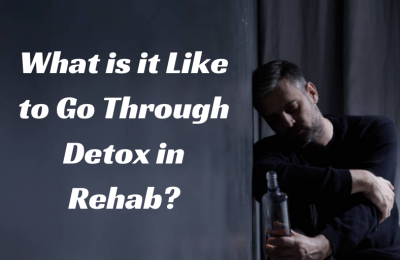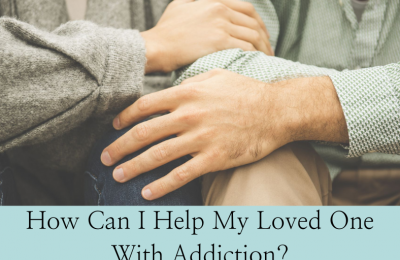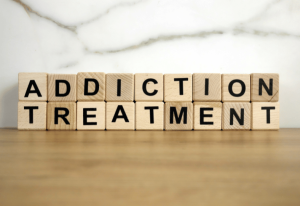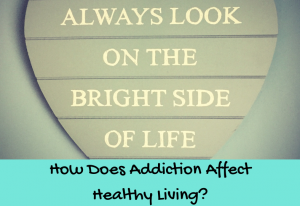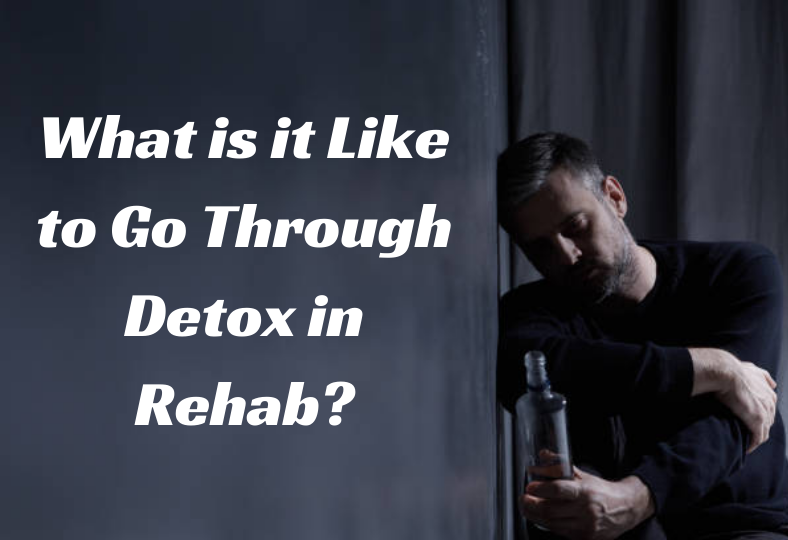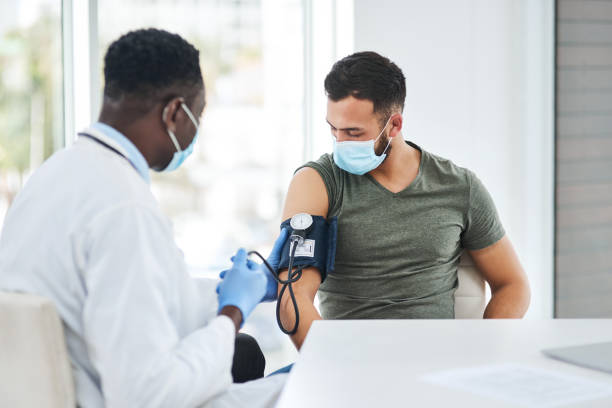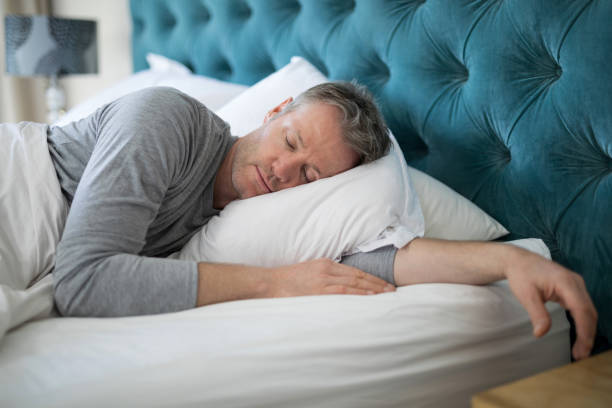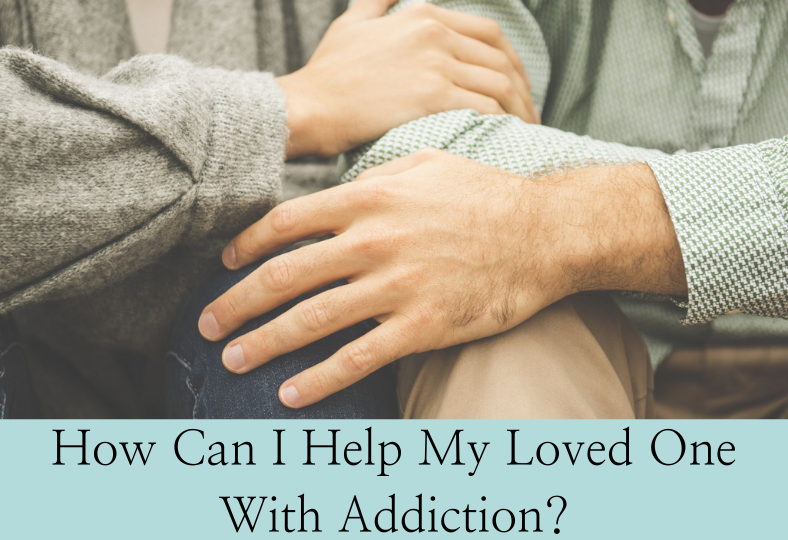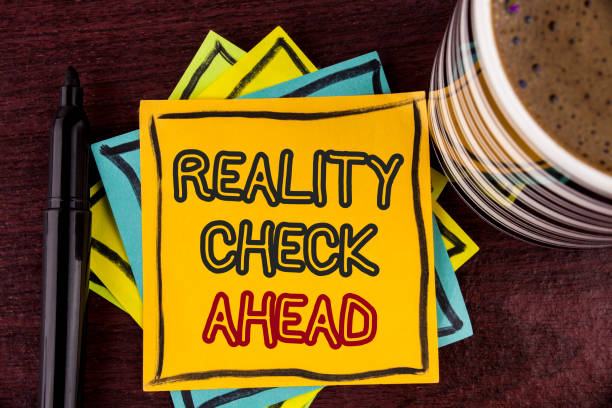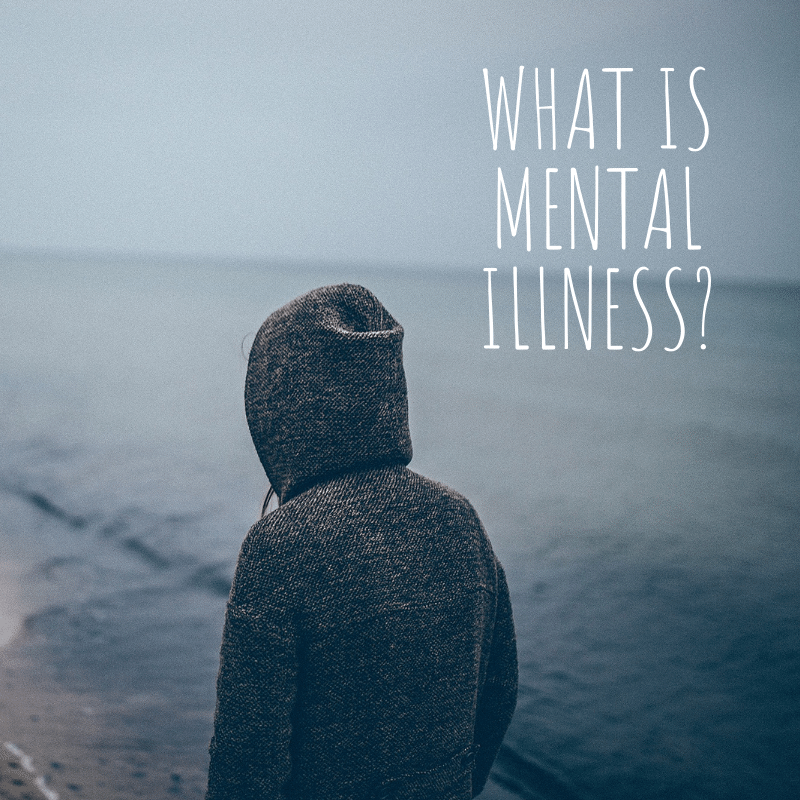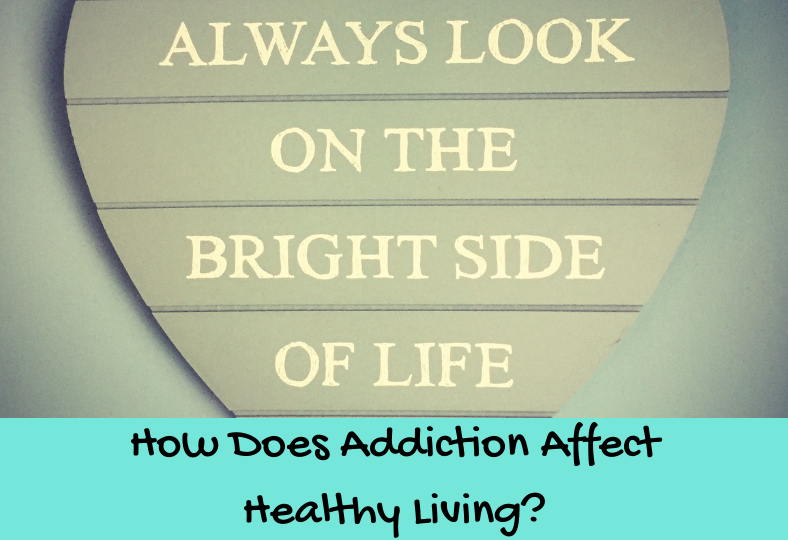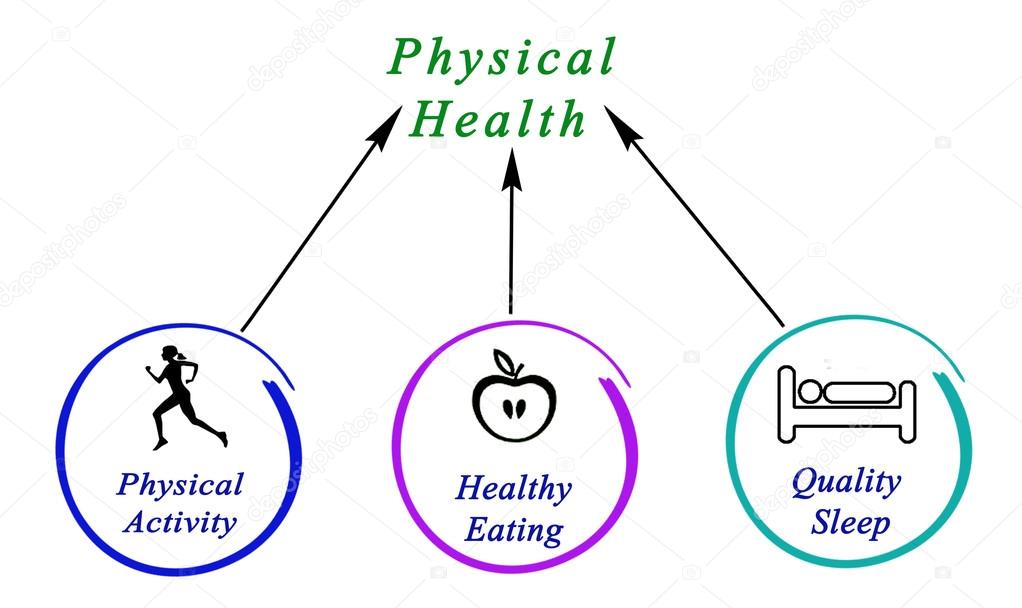Millions of people have recovered from addiction through 12-step based programs. They provide effective counseling and therapy that can help addicts break the cycle of addiction. Although these programs are great, they’re not the only option for getting clean.
Did you know that nearly a quarter of all drug rehabs use programs other than the 12-step method during the recovery process? Recovery is not a one-size-fits-all proposition. There are unique needs that you have when it comes to breaking free of addiction. 12-step based treatment may not be the best option for you.
Here are some alternative programs to consider if you’re looking for a treatment program.
SMART Recovery
SMART Recovery was founded in 1994 and offers support groups for individuals who want to be free from any kind of addiction. Participants in SMART Recovery receive tools to help them recover from addiction. These tools are based upon scientific research and four principles.
- Building and maintaining motivation
- How to deal with urges
- Managing thoughts, feelings, and behaviors
- A balanced life
These techniques teach people how to change their lives from within. They encourage them to take control of their lives and empower themselves. This concept is in direct contrast to the traditional 12-step approach, which requires that there be an acceptance that one is in no position to overcome addiction on their own.
Individuals are encouraged to have a conversation with each other during meetings, rather than at one another. As scientific knowledge about addiction recovery improves, SMART Recovery will continue to evolve. Meetings for SMART Recovery can be held in traditional venues or online.
Harm reduction
The harm reduction strategy is a collection of strategies that are designed to reduce high-risk behaviors such as drug and alcohol abuse. This non-judgmental approach aims to meet people where they are with their drug or alcohol use. Participants will discuss the risks of alcohol and drugs using principles through open dialogue and discussion.
Abstinence is desirable, but harm reduction is a good option for anyone who wants to reduce the risk of high-risk behaviors like drinking or drug abuse. The harm reduction approach is controversial among members of the recovery community. This is especially because it allows substance use in moderation.
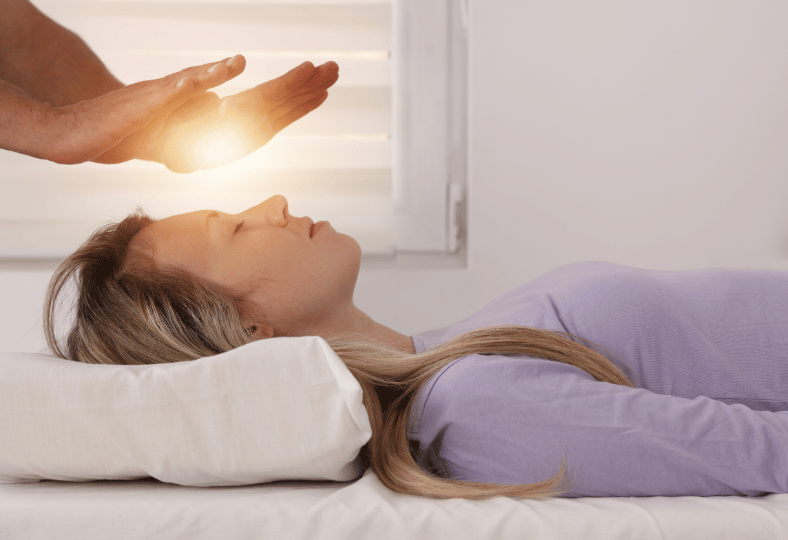
Holistic addiction treatment
A growing number of treatment centers are using holistic treatment concepts to treat their clients. Holistic drug treatment focuses on the whole person, including the mind, body, and spirit.
Holistic drug treatment is based on the belief that addiction can only be treated if an addict works to improve many aspects of his or her own life.
It is not enough to stop using. The addict must heal and take care of themselves in all phases. Holistic therapy combines traditional counseling and therapy concepts with meditation, acupuncture and nutrition therapy. It also includes exercise programs, meditation, acupuncture and animal therapy.
The Life Process Program
The invention of Dr. Stanton Peele, the Life Process Program was created as a direct alternative to 12-step programs such as Narcotics/Alcoholics Anonymous. The program is web-based and focuses on the belief that people can overcome their addictions without support groups.
The program is based on four fundamental tenets. These are:
- Values and purpose
- Motivation
- Real-world skills and life skills
- Building and maintaining community and interpersonal relationships
The Life Process Program was originally used in luxury rehab facilities. It has since been made available online as an extensive online course that offers both telephone and online coaching. This program teaches participants how to prevent relapses and build self-worth, values, and purpose.
Women for Sobriety
Women for Sobriety was founded in 1976. It has more than 300 chapters across the United States. The “New Life” program is based on the Thirteen Acceptance Statements, which shares similarities with the Twelve Steps.
They address powerlessness and promote emotional and spiritual growth. The groups are small in size, with only 6-10 women per group. Online meetings and forums are available.
Selecting the right program for you
There are many other treatment options available for addicts, in addition to the ones mentioned above. Some programs are controversial in terms of how addiction can be treated. Grand Canyon Health & Fitness does not endorse any type of addiction treatment.
Our goal is to present information to our readers from as many perspectives as possible to encourage thought and meaningful discussion. It is important that you have as much knowledge as you can before making any decisions about the treatment of a loved one, or yourself.

